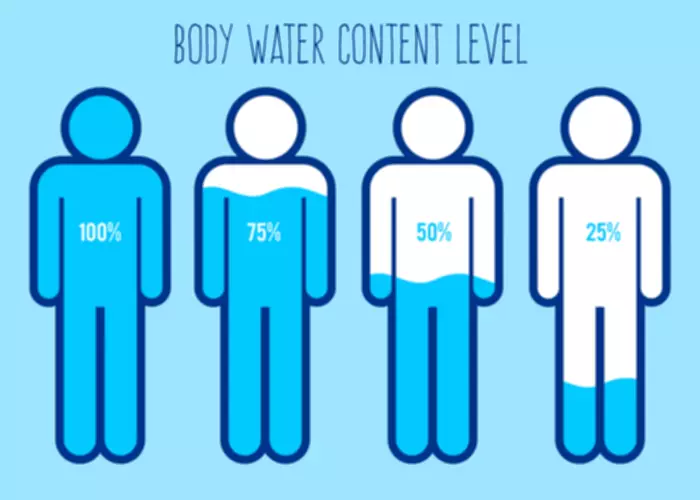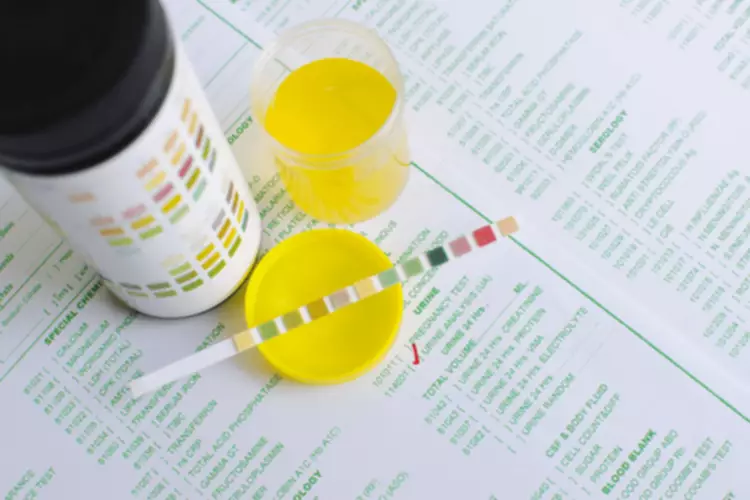Alcohol Intolerance & Allergy: Signs, Symptoms, & Management

There are many ways to manage alcohol intolerance, but the most effective is to stop consuming alcohol. Certain medications can interact with alcohol, making it harder for your body to metabolize it. Conditions like asthma, gastrointestinal issues, and liver disorders can https://ecosoberhouse.com/ also amplify the symptoms of alcohol intolerance. It’s always wise to check with a healthcare professional if you have any concerns about how your medications or health conditions might affect alcohol consumption. Note that alcohol intolerance and alcohol allergy can coexist in some individuals. If you suspect you have either or both conditions, it is recommended to seek medical evaluation and diagnosis from a healthcare professional.
What allergy medicine can you take with alcohol?

The medication epinephrine, commonly called an EpiPen, can help treat a severe allergic reaction. If you’re allergic to a specific ingredient in certain alcoholic drinks, switching to a different alcoholic drink may be an option. The best way to live with this condition is to avoid alcohol as much as possible. Avoiding alcohol will allow you to live an active, enjoyable life without unpleasant symptoms. These are just a few examples of how changes in your health can turn alcohol into an unexpected problem. If you think a new health issue might be to blame, it’s crucial to get a proper diagnosis from a healthcare professional.
What is Sudden Alcohol Intolerance?
- This involves the supervised consumption of a controlled amount of alcohol to observe the individual’s reaction.
- Post-viral fatigue (PVF) is fatigue that first starts during a viral infection but persists after the virus has gone.
- This reaction may be alcohol intolerance—a condition where the body struggles to process alcohol.
- You may feel pressure from friends or family members who don’t understand your condition or why you can’t drink like everyone else.
- Take note of which drinks or situations tend to trigger your symptoms, and make a conscious effort to avoid them in the future.
Your judgment may be impaired and you may continue to drink even when your body is trying to tell you to stop. Talk with your doctor before taking any medications to help prevent allergic symptoms from alcohol. If you have alcohol intolerance, drinking even tiny amounts of alcohol can cause you to flush, usually within 20 to 30 minutes of drinking. Alcohol intolerance is also known as alcohol flushing syndrome, alcohol rash, or aldehyde dehydrogenase 2 deficiency. The condition is often inherited from your parents and common in people of East Asian descent.
- Bile from your gallbladder helps break down alcohol before it enters your bloodstream.
- If you experience symptoms of alcohol intolerance, it is important to know when to see a doctor and consider consulting a specialist for further evaluation and guidance.
- Some individuals may also experience reactions to grapes or corn that are used in the production of wine and distilled spirits.
- By combining the information gathered from the medical history, physical examination, and laboratory tests, healthcare professionals can make an accurate diagnosis of alcohol intolerance.
Research and Statistics: How Many People Have Alcohol Intolerance?
Understanding the difference between alcohol intolerance and alcohol allergies is essential for proper diagnosis and management. While both conditions can lead to uncomfortable symptoms after consuming alcoholic beverages, their origins and how the body reacts are quite distinct. Recognizing these differences is key to seeking the right treatment and making informed decisions about alcohol consumption. Managing an alcohol allergy primarily Sober living home involves avoiding alcohol and educating yourself about the potential sources of alcohol in food, medicine, and personal care products. OTC antihistamines can help alleviate minor symptoms, while corticosteroids are used for more severe reactions.
So, while one person might only feel a bit off after a drink, someone else could have a serious reaction, even after just a small amount. By being aware of these differences, you can better recognise how your body reacts and make more informed choices about drinking. Now, sometimes, due to genetic variations, those genes can kick into high gear, making acetaldehyde build up in your system faster than usual. When acetaldehyde levels rise too high, it can trigger uncomfortable symptoms.

This is especially true when you want to enjoy social events or relax with a drink. A person experiencing a severe allergic reaction should go to the emergency room immediately. There are several ways for a doctor to diagnose an alcohol allergy or intolerance, including the approaches below. If someone experiences a severe allergic reaction, they should go to the emergency room immediately. If they do not have an epinephrine injection to treat anaphylaxis right away, it could be fatal.

Spotting the signs of an adverse reaction to alcohol

Interestingly, it’s often more common for people to be allergic to certain ingredients—like wheat, yeast or barley in beer—rather than the alcohol itself. Some individuals may also experience reactions to grapes or corn that are alcohol intolerance symptoms used in the production of wine and distilled spirits. So, if you notice any unusual symptoms after drinking, it might be helpful to consider what else is in your drink beyond the alcohol. Unlike allergies, this isn’t about the immune system at all—it’s really about how your body processes alcohol.
Avoiding Triggering Substances
There’s some exciting research happening around enzyme replacement therapies and personalised medicine, which could lead to better ways to help with alcohol metabolism in the future. You should see a doctor for alcohol allergy if you experience any severe symptoms such as difficulty breathing, dizziness, or unconsciousness after consuming alcohol. It’s also advisable to seek medical help if moderate symptoms persist or worsen over time. Sublingual immunotherapy is a less common treatment option for alcohol allergy. It involves placing a small amount of the allergen under the tongue to decrease the immune system’s response over time.
Can Recovering Alcoholics Drink Komboucha?
This means you might experience more intense headaches, nausea, and a general feeling of malaise the following day. At the heart of this process is an enzyme called ALDH1, which plays a crucial role in breaking down acetaldehyde, a byproduct produced when you consume alcohol (ethanol). As you drink, your body’s genes, specifically ADH1B and ADH1C, start the breakdown process by turning that alcohol into acetaldehyde. It is generally not safe to mix alcohol with any allergy medicine, as it can increase drowsiness and dizziness or cause other harmful interactions.
 กรุณารอสักครู่
กรุณารอสักครู่